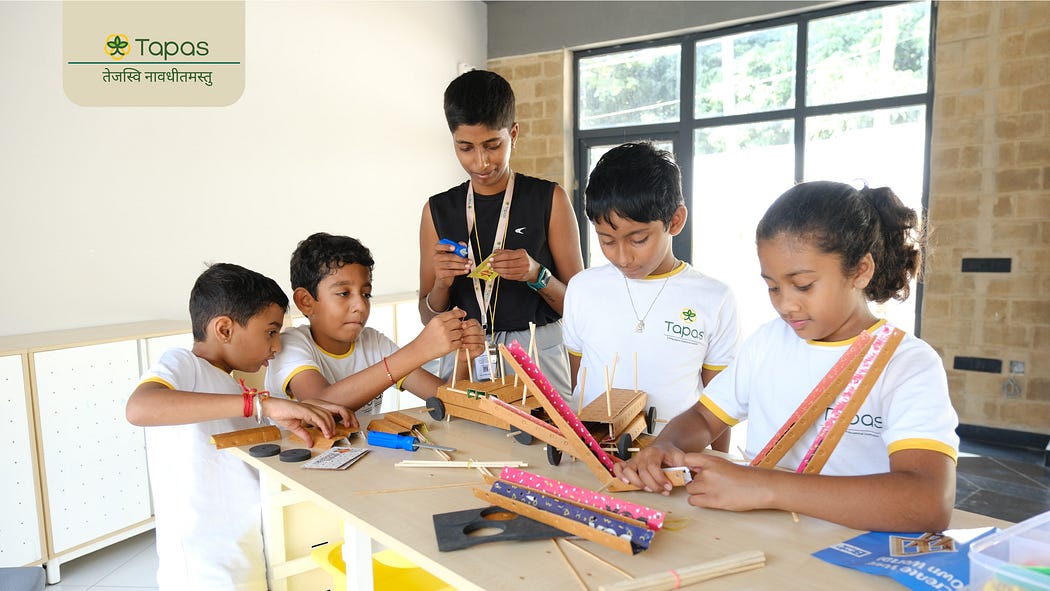Debunking 7 Myths About Project-Based Learning in Early Education
Project-based learning in early childhood is transforming the way young children engage with knowledge, skills, and the world around them. Yet, many parents and educators still fall for alternative schooling myths that prevent them from exploring this powerful, student-centered approach. A progressive curriculum built on project-based learning (PBL) can foster curiosity, collaboration, and critical thinking from the earliest years. Let’s debunk seven common myths to show why early education PBL is a strong foundation for lifelong learning.
Myth 1: Project-Based Learning Is Too Complex for Young Children
Many believe that young children cannot manage project-based learning because it appears too advanced. In reality, early education PBL is carefully designed to be age-appropriate, using hands-on activities and explorations that connect to a child’s natural curiosity. Children learn best by doing, and project-based learning provides them with opportunities to investigate real-world questions at their level.
Myth 2: Project-Based Learning Lacks Academic Rigor
Some assume a progressive curriculum that uses PBL sacrifices academic standards. However, project-based learning in early childhood still addresses core literacy, numeracy, and social skills — just in a more meaningful, integrated way. Children apply these skills within authentic projects, which actually deepens their understanding and retention.

Myth 3: It’s All About Play, Not Learning
While PBL certainly taps into play-based methods, it is far from aimless. Projects are thoughtfully structured around learning objectives and essential questions. The balance between playful exploration and guided learning ensures that children meet developmental milestones while enjoying the process.
Myth 4: There Is No Structure in Project-Based Learning
A common misconception is that PBL is chaotic. In truth, project-based learning follows a clear framework: setting driving questions, planning investigations, conducting research, and reflecting on findings. Teachers serve as facilitators, guiding young learners through each phase with purposeful direction.
Myth 5: Children Miss Out on Foundational Skills
Some parents fear children won’t master the “basics” with early education PBL. In fact, project-based activities build foundational skills through practical, contextual learning. Whether practicing counting while measuring ingredients or developing vocabulary while creating a storybook, children gain essential skills in a way that feels relevant and memorable.
Myth 6: PBL Is Only for Gifted or Advanced Children
Another myth suggests project-based learning only suits exceptionally bright kids. On the contrary, PBL supports diverse learners by providing multiple entry points for different abilities and learning styles. Every child benefits from hands-on, inquiry-driven exploration.
Myth 7: Alternative Schooling Models Are Unproven
Finally, some think progressive, project-based models are untested. In fact, research supports PBL as an effective method to boost problem-solving, critical thinking, and collaboration skills — qualities that prepare children for the future far better than rote learning.
In summary, project-based learning in early childhood, supported by a progressive curriculum, is a powerful, research-backed way to nurture engaged and confident learners. By moving beyond outdated myths, parents and educators can embrace a meaningful, future-ready approach to early education.
Comments
Post a Comment